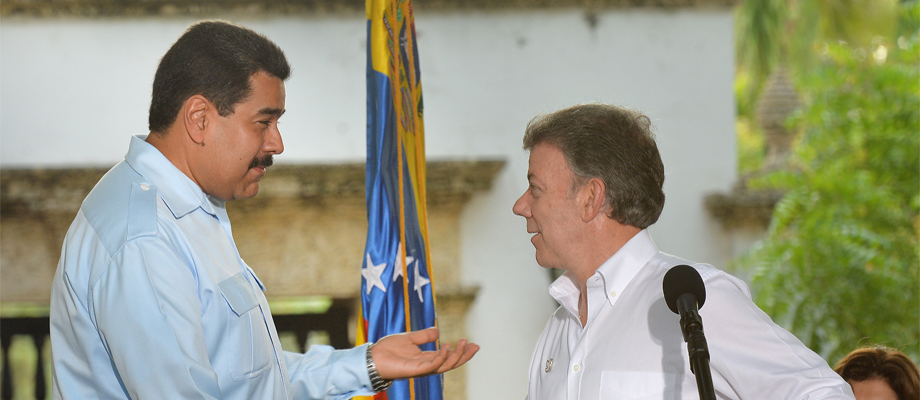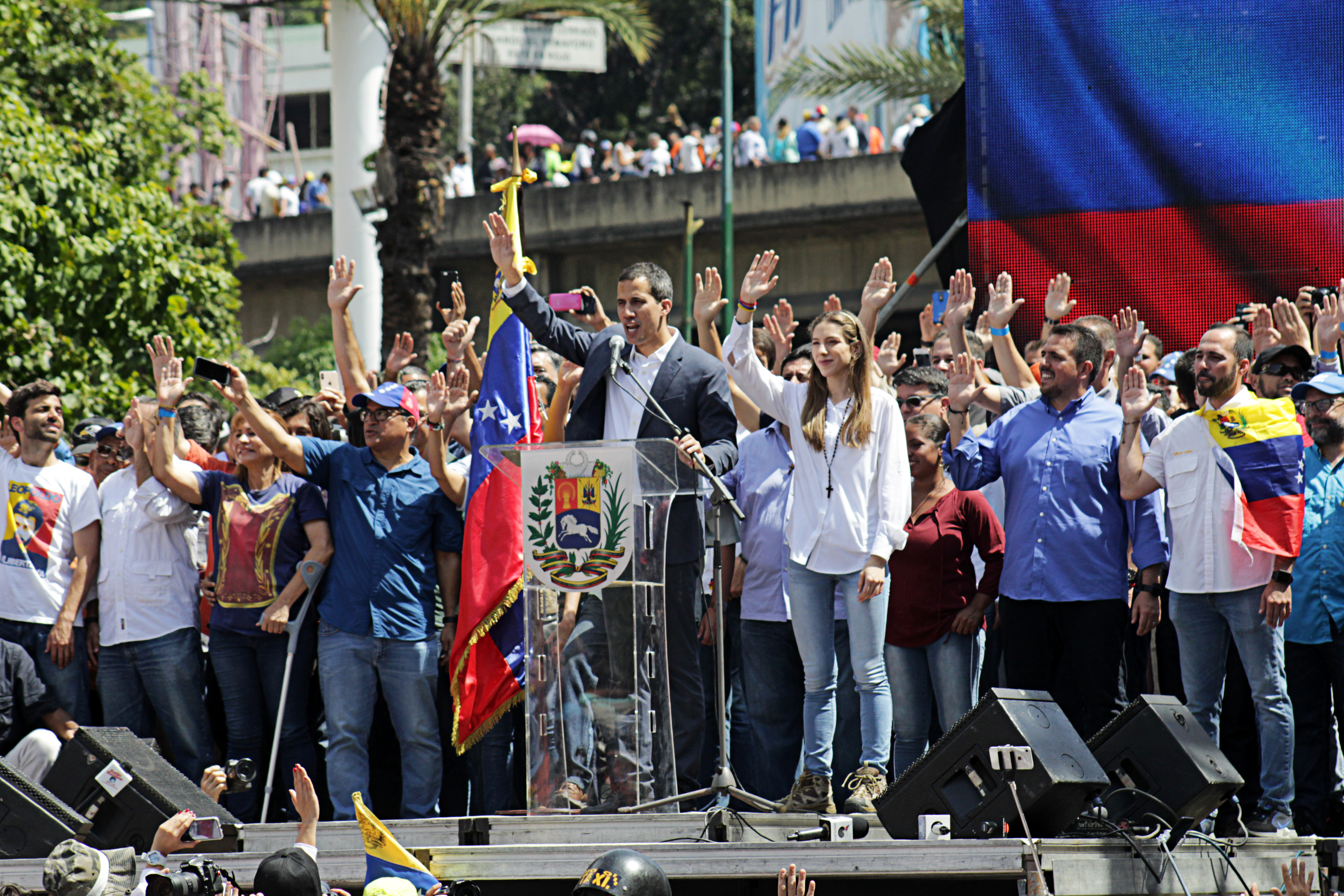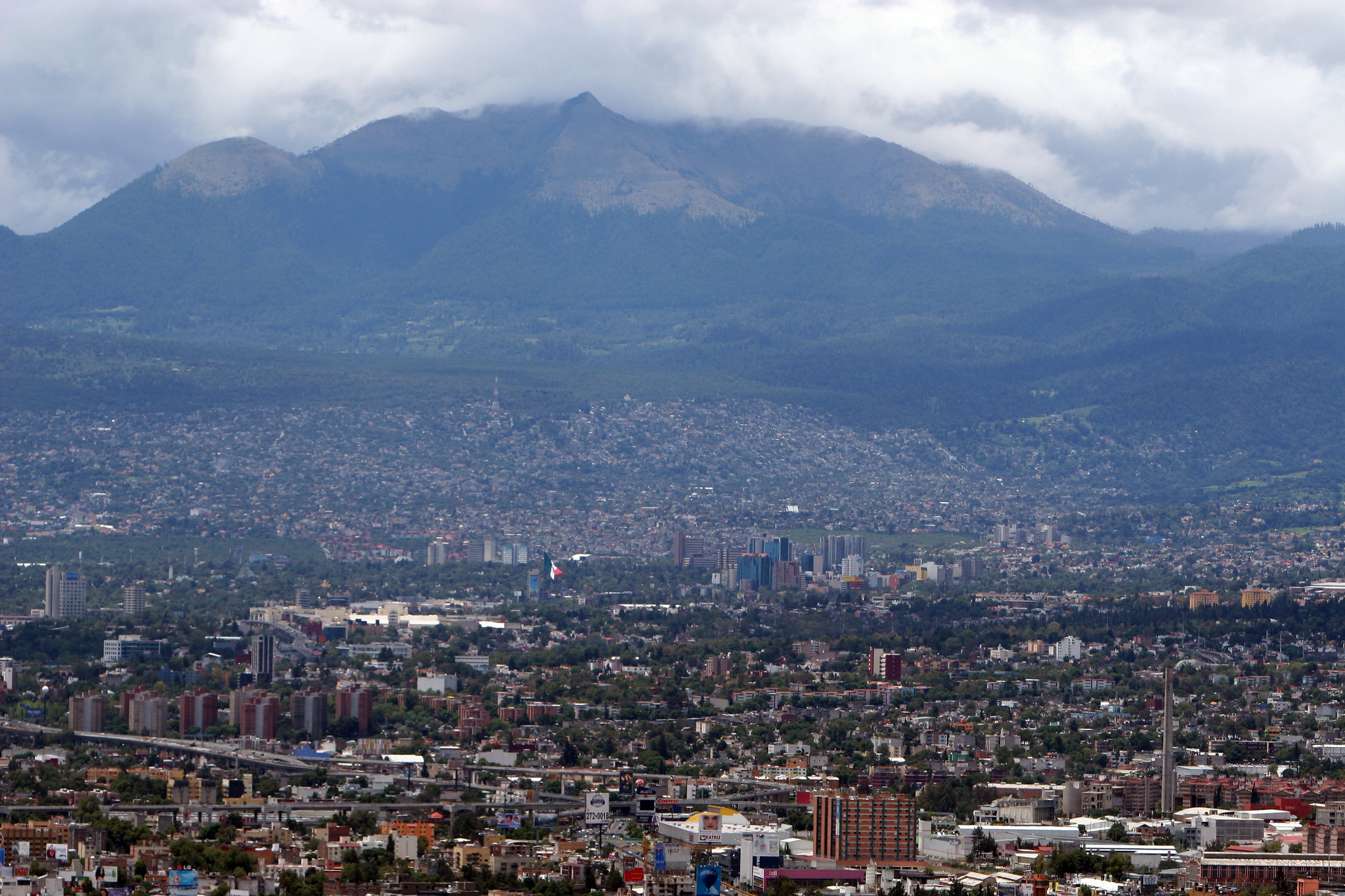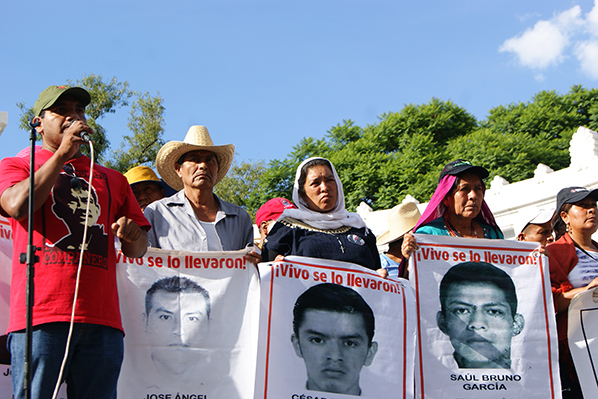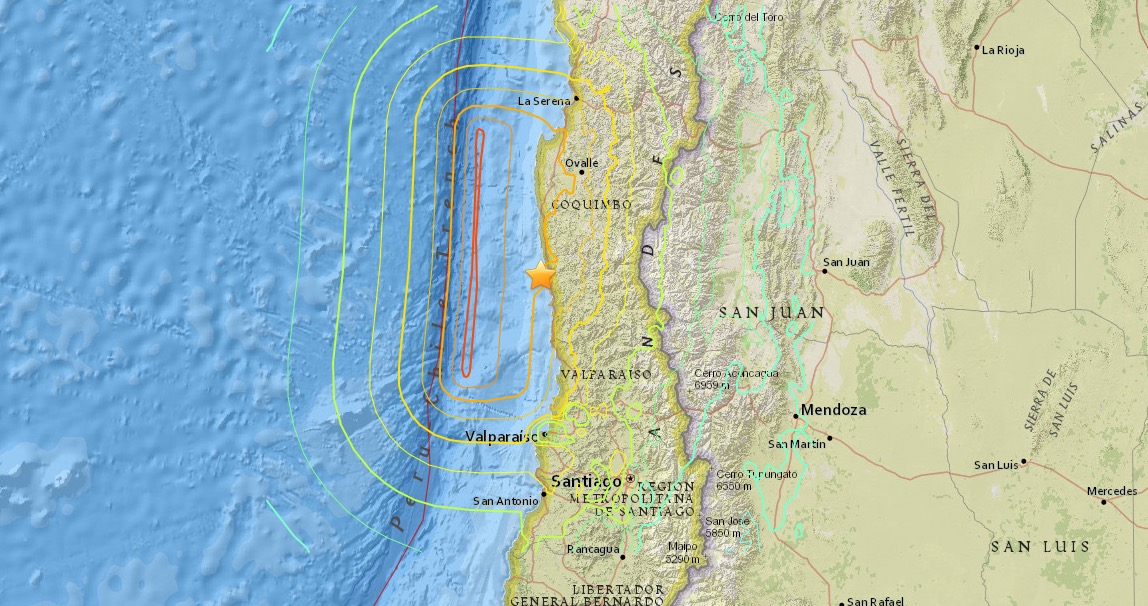
Chile, Latin America: Week in Review, Southern Cone
Earthquake off Chile Coast Kills Two, Shakes Continent
September 17, 2015 By Staff
Top Story — A powerful earthquake off the coast of Chile shook cities across South America on Wednesday, killing at least two people and prompting mass evacuations.
The U.S. Geological Survey recorded an 8.3-magnitude earthquake some 26 miles west of the Chilean city of Illapel at approximately 7:00 p.m on Wednesday. Shortly after, authorities issued a tsunami warning, triggering widespread mandatory evacuations of coastal areas, Al Jazeera reported.
At least three people were killed, President Michelle Bachelet said in a televised address.
The temblor could be felt as far away as Buenos Aires, Argentina, on the other side of the continent, The Associated Press reported.
The AP reported that in addition to evacuation orders along Chile’s 2,400-mile coastline, classes were cancelled in the port city of Valparaíso and flights suspended at the airport in the capital Santiago.
An 8.8-magnitude earthquake killed more than 500 people and destroyed more than 220,000 homes in 2010, the AP reports. The earthquake was a major episode in Bachelet’s first term, when she declared a national state of emergency and deployed military troops to aid in relief efforts.
Headlines from the Western Hemisphere
North America
- Mexico’s Foreign Minister Claudia Ruiz Massieu met with six Mexican tourists injured after security forces mistakenly fired on them in Egypt, where Ruiz echoed President Peña Nieto’s request of a thorough investigation of the incident that left eight other Mexican tourists dead.
- Peña Nieto celebrated Mexico’s Independence Day Wednesday amid protests calling him a “murderer,” as his popularity continues to wane.
Caribbean
- Ahead of the U.N. General Assembly, Cuba, the White House and the Vatican have all pressed for an end to the U.S. economic embargo of Cuba, which can only be repealed by U.S. Congress.
- A photo essay from NBC reveals how Haitians still rely on relief aid even five years after the country’s devastating earthquake.
- In Cuba, traditional Catholicism is conflated with Santeria worship, a religious mix Pope Francis will have to confront during his visit to the island, though he may not mind, according to The Washington Post.
Central America
- Guatemala’s capital city is divided into 25 zones each with its own characteristics, but apparently three of those zones are missing, according to a piece in the Los Angeles Times that delves into the mystery.
- After a truce between El Salvador’s two largest gangs — MS-13 and the 18th Street Gang — failed in May, the country’s homicide rate surged to its highest level yet over the summer, according to Al Jazeera.
- Identifying murder victims isn’t easy in El Salvador, reports InSight Crime, because the country’s government and police force routinely contradict each other on the number of victims that are gang-members.
Andes
- Following intimations that a meeting to discuss an ongoing border dispute was imminent, Colombian President Juan Manuel Santos and Venezuelan President Nicolás Maduro have agreed to meet on Monday in Quito, Ecuador, where they will also be joined by the presidents of Uruguay and Ecuador.
- Meanwhile, Colombian authorities said on Wednesday that the Venezuelan government has barricaded the last bridge linking the two countries, prompting a reaction from the Colombian president, who said, “expanding border closures isn’t the way to bring about a solution to the problems affecting our border.”
- A 12-year-old girl in Peru died when a dynamite stick, having been thrown through her bedroom window, exploded—the latest casualty in what has been a series of dynamite and grenade attacks throughout Peruvian cities, which the police claims to be the work of extortionists.
Southern Cone
- In a radio interview on Wednesday, Brazilian President Dilma Rousseff dismissed the significance of Standard & Poor’s lowering of the country’s credit rating, stating that countries that have been downgraded in the past “are more than their ratings.”
Subscribe to Today in Latin America by Email
< Previous Article
